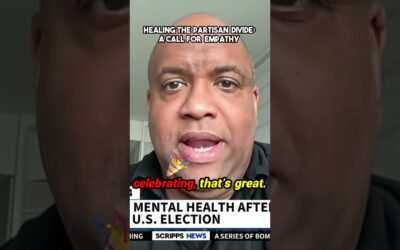
CC0 Licensed Image Courtesy of Pexels
We all have to deal with emotional trauma at some point, and even though it can feel like there is no hope, there are always methods of coping you can try when some of the standard ones don’t work. So, here are some useful alternatives to getting yourself back on track.
Find Guidance Where You Feel It’s Right
Guidance in life is essential. After a traumatic event, it is human to turn to someone or something else to help get you through. Religious guidance, spiritual awakening, and even psychic bereavement readings can provide comfort during a hard time. Of course, these aren’t for everyone, and you may even find comfort in listening to certain musical artists or following your favorite YouTube influencers. The key is finding something that brings back lost hope. Sometimes, finding guidance means looking at the best inpatient mental health facilities available to you so that you can get concentrated help. Your mental health matters and with the right support, you can deal with emotional trauma in a way that is more structured.
Solace Through Mindfulness and Breathing
After an emotional event, your mind can become somewhat sporadic. We often make rash decisions, lash out, or engage in unhealthy behaviors. Focusing and recentering your mind can help you deal with the external stress of an event that hurts you deeply. Breathing techniques combined with meditation and yoga are effective at removing excess baggage and shifting focus to healthier actions. This should form part of a wellness mindfulness routine for moving forward.
Deal with Emotional Trauma through Routine
When something bad happens, it can blow up your life like you never expected. Relationships, work, and family life can become shattered, and the fallout can be excessive. For most, it takes from a few days to months to recover from an emotionally traumatic event. One of the most challenging yet most powerful methods of coping with feelings is to stick to your routine. Routine provides structure in life and helps balance your time between essential tasks and private grief.
Take Some Time for Your Hobbies
It can be hard to switch off your mind, even with mindfulness, guidance, and routine. Sometimes, we need distractions, and getting stuck into a hobby you love will help remove some of the baggage that comes with an event. Hobbies such as photography, music, and video games provide a healthy way to escape life for a while and begin to balance the pleasure and pain focus of the mind. Remember, a hobby should fill vacant time and not take valuable time.
Open Yourself Up to the Creative Side
Some people are logical thinkers, and some are creative thinkers. But no matter your brain’s preferred method, we all have access to both. Creativity is a powerful way to remove emotional baggage and express it in ways you never thought possible. Painting, writing, and music can help you cope with feelings and events from deep within. These allow you to see them in the real world and come to terms with what they are and how you really feel about something.
Summary
Finding guidance in religion or the spiritual can help you deal with emotional trauma. Sticking to a routine also helps keep order in chaos. And creativity helps you express what’s deep inside.


![FUN Breakout Session for Corporate Events: Interactive DRUMMING [2024]](https://mikeveny.com/wp-content/uploads/2024/01/maxresdefault-2-400x250.jpg)
